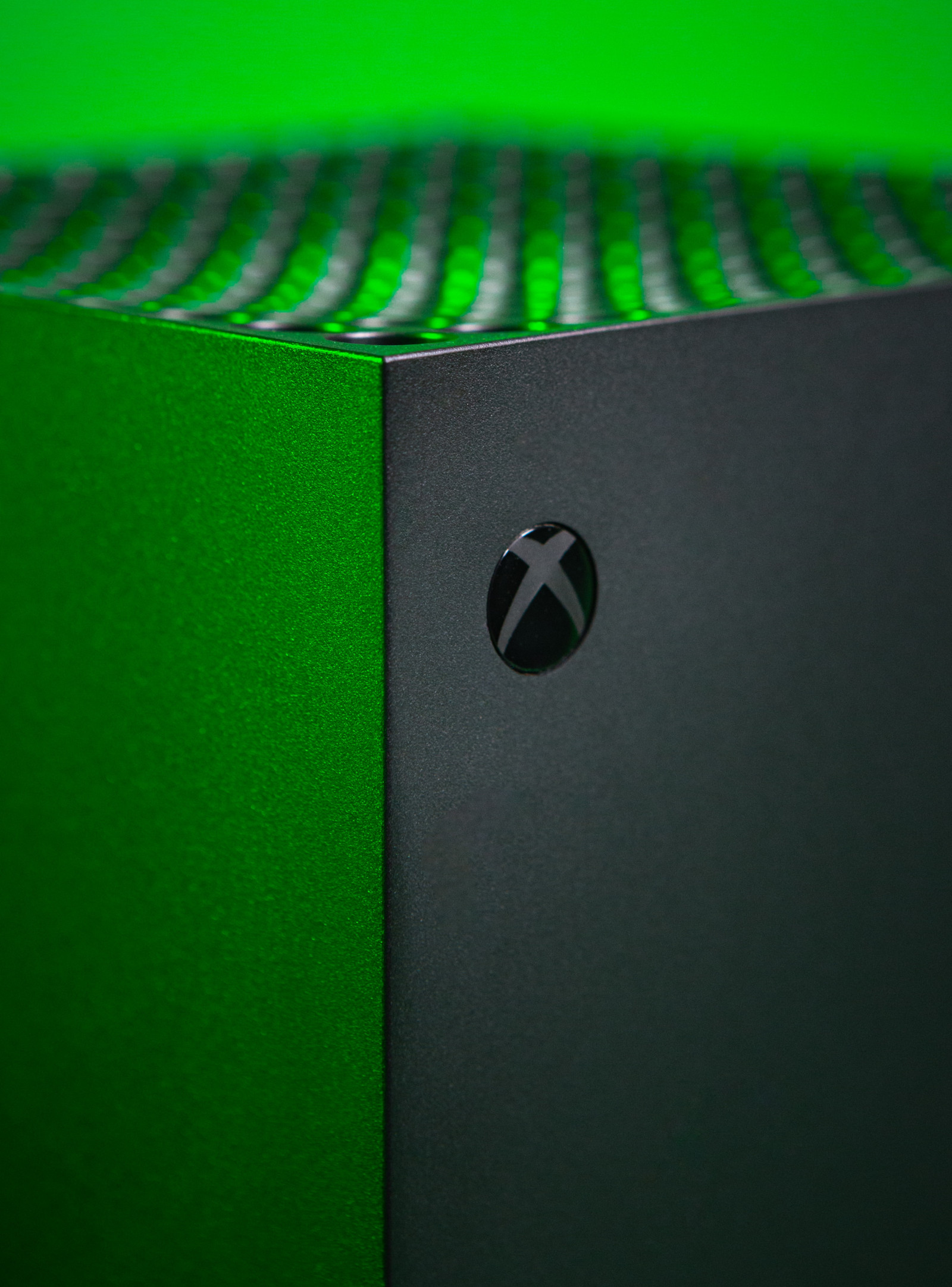Why the ‘Game Pass cannibalising games sales’ story does not change anything

Photo: Billy Freeman

This week it has been reported that the Competition and Markets Authority (CMA) report includes Microsoft sharing that its “internal analysis shows a decline in base game sales following 12 months of their addition on Game Pass.”
Frankly speaking, I am not sure why exactly is this being covered so widely in the games trade media. Perhaps it is partly due to the attention with which any potential development in the Microsoft-Activision story gets picked up these days. Could it mean a development in the acquisition story? No, not this time. Then, is it perhaps due to the ongoing scepticism around the viability of subscriptions in the games industry? Be it as it may, after being asked my thoughts on this in the last few days, I thought I’d offer a quick take on both angles, just in case.
All-access dilutes the value of ownership
Firstly, the fact that subscription models dilute the value or traditional retail prices of individual media assets is no news. It was the case in music, it was the case in video, and it should not come as a surprise in games. Though some press outlets have framed the story as Microsoft ‘admitting’ this – there is nothing counter-intuitive, shocking, or scandalous to really ‘admit to’ here. It is simply pointing out a fact.
Featured Report
2024 audio consumer profile Habits, platforms, and personas
This report presents MIDiA’s audio consumer survey data with a view to understand the global audio consumer.This report is a compilation of the most recent MIDiA audio data. Key data in this report: Platforms that podcast monthly listeners use to access their podcasts, Q4 2024, global Podcast monthly listeners main ways of discovering podcasts, Q3 2024, global Total number of audio subscriptions paid for per consumer, Q4 2024, global Average weekly hours spent listening to audiobooks vs.
Find out more…Does this mean games subscriptions will not work? No
It is logical for base game sales to go down after a game joins a subscription offering that a portion of its addressable audience already pays for. When it comes to talking about the business model feasibility of a digital subscription service, the real question is how much value you can extract (and generate for partners) over the whole subscription lifetime of a consumer, and across all games – not just in the first 12 months and not just in terms of ‘base game sales’. We are moving towards an engagement-based, and away from a unit-sale based, games industry. Lifetime value is becoming much more important. That trend is a tidal wave bigger than just Xbox, or Microsoft’s Activision deal. Developers and publishers averse to this transformation will remain sceptical of subscription models, but those that embrace engagement-based business models will have lots of opportunities to thrive.
Another reason this excerpt seems to have gotten widespread attention is that it supposedly goes against the previous narrative of Phil Spencer when he talked about the success of a particular game after it joined Xbox Game Pass. Again, I see no harm or foul here. Spencer was talking about a specific case study that is not necessarily mutually exclusive with the recently highlighted excerpt. There will be games that do better after joining a subscription and there will be games that do worse.
Good for consumers, bad for (some) publishers
I don’t think this particular excerpt will play any key role in the decision-making process regarding the acquisition of Activision. But, even if it was to, it speaks in favour of the deal rather than against it – at least from the consumer’s point of view. Surely if you want to protect the consumer, then Xbox Game Pass extracting less money from consumers for the same game (product) is technically a good thing. Alternatively, if you want to protect the market instead, then subscriptions are less good for some publishers in the industry, but they are good for others. To me, these are just market forces. Publishers and developers who are responding to consumer demand and have games that people really want to play will continue to be successful in the subscription era.

The discussion around this post has not yet got started, be the first to add an opinion.